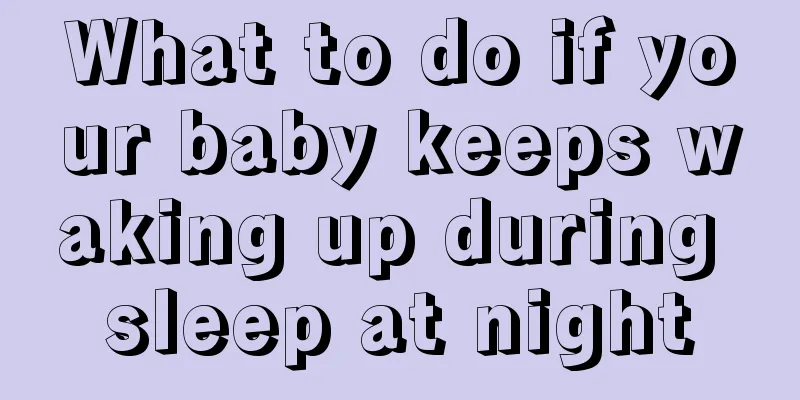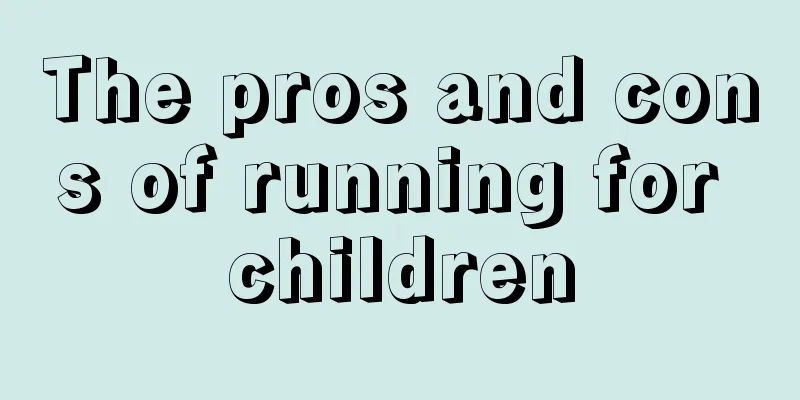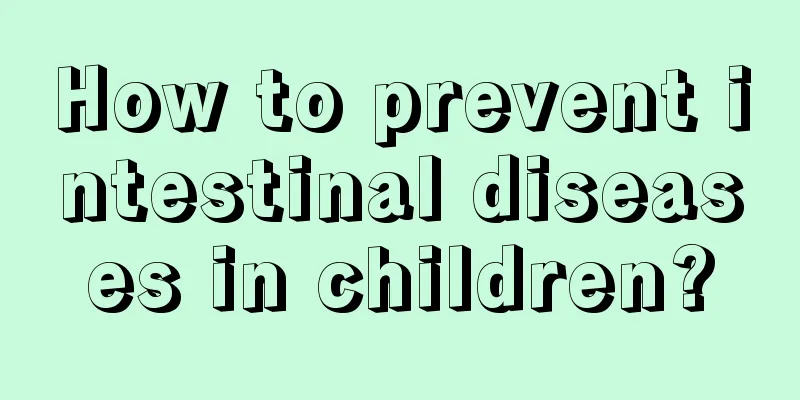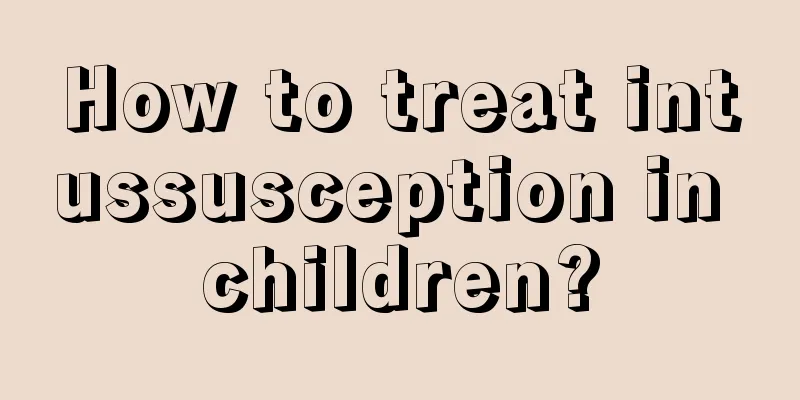5 month old baby sweats a lot
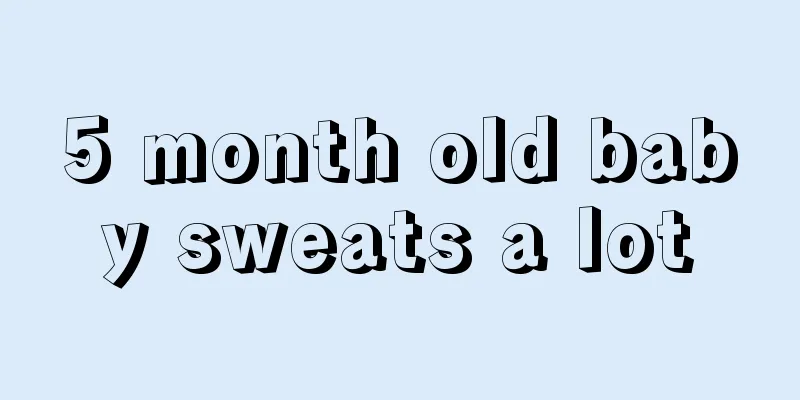
|
Parents are very cautious when taking care of their babies, fearing that their babies will get too hot if they dress too much or too cold if they dress too little. Many parents cover their babies with two layers of quilts when they sleep, for fear that the babies will catch a cold while sleeping. Some parents have found that no matter how many or few blankets the baby covers, their 5-month-old baby sweats a lot. What's going on? Let's learn more about it. Excessive secretion of sweat glands is called hyperhidrosis. Hyperhidrosis is a common symptom in infancy and childhood. Some children sweat excessively during daytime activities, some sweat excessively when just going to bed, and some sweat excessively in the second half of the night. Some of these excessive sweating are physiological, and some may be pathological. Parents should correctly distinguish between physiological and pathological hyperhidrosis based on the characteristics of their children's excessive sweating. The secretion of sweat glands is related to the excitability of the sympathetic nerves and is not directly controlled by the parasympathetic nerves. Therefore, any cause that can increase the excitability of the sympathetic nerves can cause excessive sweating. 1. Physiological hyperhidrosis It means that the child is well developed, healthy, and does not have any disease that causes sweating during sleep. The reason is that children's brain nerves are not yet fully developed, and children are in the period of growth and development. Their body metabolism is very active. If they are a little excited and stimulated, they will sweat to evaporate the heat in the body and maintain normal body temperature. Parents are often accustomed to deciding the best environmental temperature for their children based on their own subjective feelings, and like to cover their babies with more blankets and keep them tightly covered. The baby is overheated and can only regulate his body temperature by sweating. 2. Pathological hyperhidrosis Refers to excessive sweating that occurs in a quiet state. The hyperhidrosis caused by rickets is manifested as excessive sweating on the head. Sweating increases during breastfeeding and after falling asleep, and gradually disappears after a deep sleep. It has nothing to do with the season. Weak and sick children often sweat excessively on their head, chest, and back during daytime activities or after falling asleep at night. This is more common in children around one year old and children before and after weaning. Insufficient food intake or inadequate absorption and utilization of food due to improper feeding can also cause malnutrition and excessive sweating. If your baby often sweats before dawn or in the early morning when he is empty stomach, it may be caused by hypoglycemia. At this time, you can give him sugar water or cakes to eat, and the sweating will stop. If a child often sweats in the second half of the night, this sweating is often called "night sweats", which is a common symptom of tuberculosis. It is caused by the toxins produced by the tuberculosis bacteria in the body stimulating the body's sympathetic nerves and making them excited. When the baby experiences various discomforts, parents must face it calmly and never panic. For some inexperienced parents, they can read more books about baby health knowledge. If they have any questions, they can also consult professional pharmacists directly. Take good care of your baby's diet and try to breastfeed. |
<<: What to do if your baby keeps sneezing and having a runny nose
>>: The left side sweats more than the right side
Recommend
What to do if children have a headache
Headaches in children are quite common in our liv...
How to treat burns on children faster
Children getting scalded happens frequently in ou...
What should I do if my child has a dry and stuffy nose?
We have all had colds in our daily lives. In fact...
Baby falls on the back of the head, be careful
Babies often play without any care, and if parent...
What are the causes of ADHD in children?
Attention Deficit Hyperactivity Disorder (ADHD) i...
Why does a newborn baby not urinate?
Why do newborns not urinate? It is abnormal for n...
What to do if swelling occurs after vaccination
I believe many people have had the experience of ...
What should I do if my baby has blue eye bags?
In daily life, if a baby has blue eye bags, it is...
What should I do if my child has a fever at night?
Every child is a person who makes parents worry. ...
The child's poop is too hard
The excess and unnecessary substances in the huma...
Baby's tongue coating is missing a piece in the middle
A baby's tongue is often different from ours ...
How to treat tinnitus in teenagers
Many friends who suffer from tinnitus do not pay ...
What should I do if my child has poor digestion?
Children need a variety of nutrients as they grow...
Treatment of fever and shivering in children
I wonder if your children often have fever and sh...
What are the symptoms of zinc deficiency in boys?
As we all know, although the content of trace ele...



